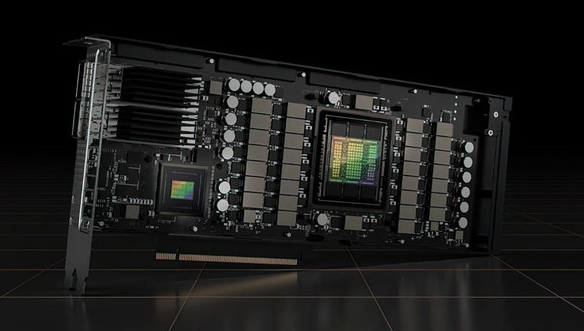
News on October 26, Sinnet recently announced through its interactive platform that it successfully completed the deployment of NVIDIA A800 and H800 eight-card module servers in its computing center, and also introduced AMD module servers. This series of deployments is to provide a diverse heterogeneous computing power scheduling platform to support users in large-scale training. However, due to the United States’ tightened export control policy on cutting-edge artificial intelligence chips, Sinnet’s computing center deployment plan may face certain impacts.

Faced with this challenge, Sinnet actively looks for alternatives and solutions to ensure that its business is not restricted. This also highlights the impact of the United States’ export controls on cutting-edge AI chips on the construction of domestic computing power centers, which has attracted widespread attention throughout the industry.
At the same time, Sinnet also announced its latest strategic plan in the financial field. In order to enhance the strength and capabilities of financial services, the company plans to set up a second base for financial intelligence in the Taiheqiao Data Center and cooperate with the CICC Cloud Data Center to jointly serve Beijing's high-end financial market. This strategic decision will further enhance the competitiveness of Sinnet in the financial services field, while also providing strong support for the digital transformation of the financial industry.
According to media reports, the United States has recently upgraded its export control regulations for artificial intelligence (AI) chips and plans to restrict companies such as Nvidia from exporting advanced AI chips to China, including A800 and H800 chips. The new regulations will take effect 30 days after soliciting public comments.
The above is the detailed content of Sinnet seeks solutions to resist export restrictions on cutting-edge AI chips. For more information, please follow other related articles on the PHP Chinese website!




